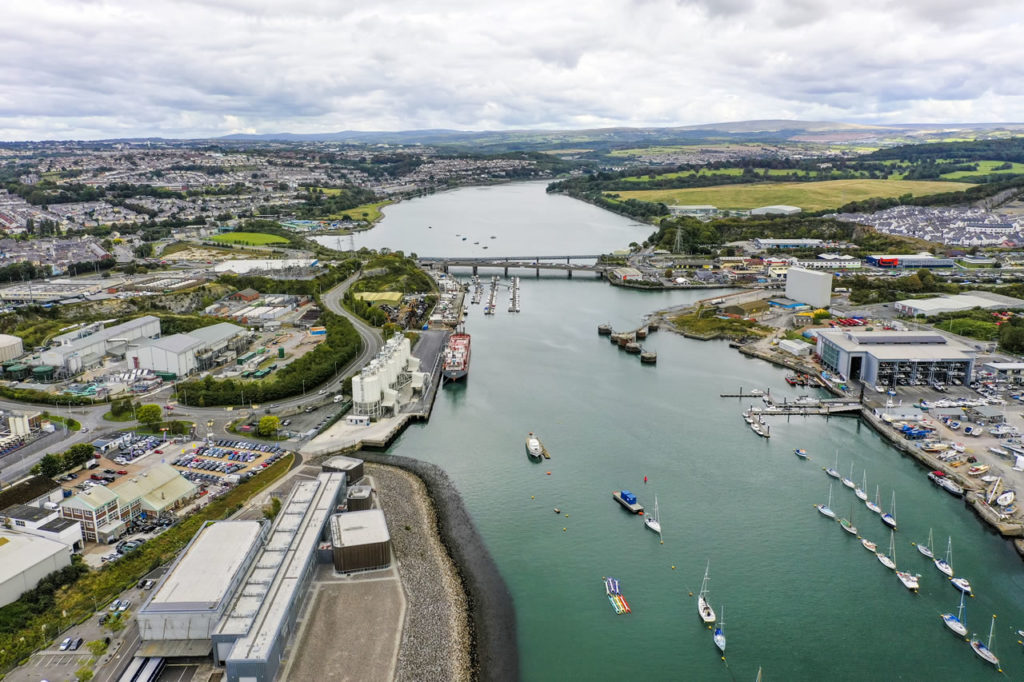Cattewater Harbour Commissioners exist by Act of Parliament as the navigation and conservancy authority for the Cattewater Harbour, as well as civil pilotage authority for the Port of Plymouth.
In broad terms we are required to maintain and order safe navigation for all manner of craft which might present themselves to the harbour by surveying and dredging the channels, maintaining navigation marks and lights, providing pilotage services and traffic regulation within the Cattewater and pilotage services to the remainder of the civil port.
In order to do this they are empowered to charge ship, cargo and pilotage dues to defray their costs and to maintain financial reserves.
Located on the south coast of Devon, Plymouth is the largest city on the southwest peninsular and is home to the largest naval base in Western Europe.
The primary harbour authority is the MoD who operate the port under the 1865 Dockyard Ports Regulation Act and the associated Dockyard Port of Plymouth Order 2020. Three separate statutory harbours (ABP Millbay:Sutton Harbour Authority and Cattewater Harbour Commissioners) operate within the Dockyard Port.
The harbour limits are to the east of a line joining Mountbatten Breakwater to Fishers nose, bounded by Sutton Lock Gates to the North, and Laira Bridge to the East.

The Authority to Raise Charges
The authority to charge “ship, passenger and goods dues” as considered “fit” is vested in the Board of the Cattewater Harbour Commissioners by the Harbours Act 1964 section 26(2). This power is subject to a right of objection to the Secretary of State for Transport under section 31 of that same Act.
The Power to Collect Charges Raised
By virtue of the Harbours Docks and Piers Act 1847 section 44, the Cattewater Harbour Commissioners may recover rates payable to them in respect of a ship by distraint and sale of the ship and its tackle.
Under section 45 of the same Act the Authority is empowered to recover rates due to them in respect of any goods by distraint and sale either of those goods or any other goods held on harbour premises belonging to the person/s liable for payment of the dues.
